News - U.S.
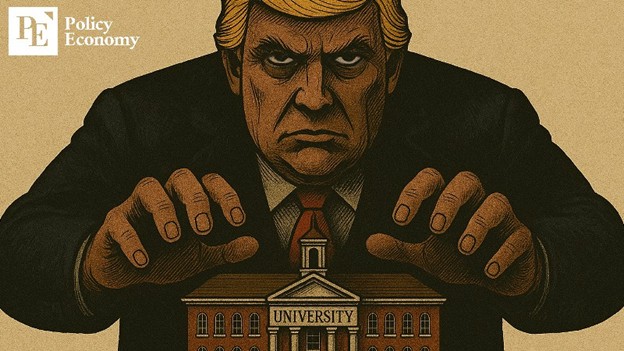
In halls once proud with protest chants, Now silence sits with folded hands. When knowledge bends to power's will, The beacon dims, the air grows still. In a dramatic shift that has sent ripples across the landscape of American higher education, Columbia University has settled with the federal government, which some see as a capitulation.
Read More
The brain does not rest in silence; It wrestles with questions in lecture halls, grapples with deadlines in dorm rooms, And now, it speaks to machines. As OpenAI launches its new ChatGPT “Study Mode,” the academic world is entering another turning point in the debate over artificial intelligence in education. Promising a smarter, more personalized version of its chatbot, the feature is specifically designed for college students.
Read More
Columbia agrees to pay over USD 220 million to regain federal funding. The university implements sweeping reforms on protests, DEI, and academic oversight. The agreement sets a precedent many academics view as political coercion. In July 2025, Columbia University reached a landmark settlement with the Trump administration to resolve probes over campus antisemitism and protest management, paying over USD 220 million to restore research funding.
Read More
Harvard defends its academic autonomy amid Palestine controversy. The Trump administration and pro-Israel donors exert mounting pressure. Civil rights advocates warn of a dangerous precedent for academic freedom. In the storm of global politics, even the world’s most prestigious universities are finding themselves on the frontlines. As the U.S.
Read More
Native American and minority-serving institutions face historic funding threats. Science and research budgets are under threat. Widespread layoffs and budget cuts reshape the academic job market. Across America, the ivory towers of academia are starting to tremble. A sweeping wave of federal funding cuts, targeted at minority-serving institutions, scientific research, and public universities, threatens to reshape the higher education landscape for a generation.
Read More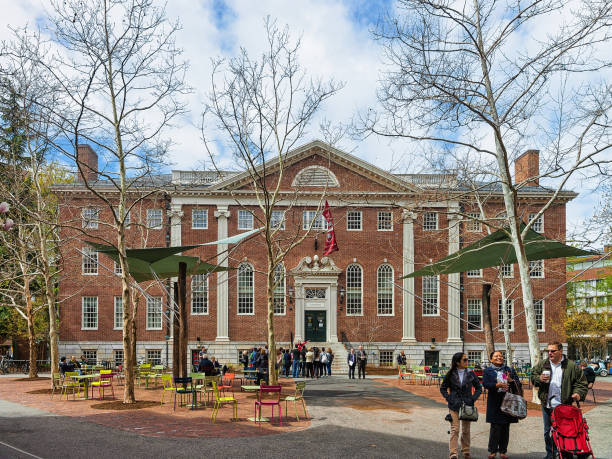
Harvard University Advises Avoiding Logan Airport Separate Guidance Issued for Iranian and Chinese Students AI and Engineering Majors Also Urged to Exercise Caution Campus of Harvard University / Photo = iStock
Read More
Chinese Researcher Couple Indicted for Smuggling Fungus into U.S. Seized Bacteria Deemed ‘Potential Agricultural Bioterror Weapon’ U.S.-China Tensions over Tech and Information Leaks Escalate into National Security Issue Two Chinese researchers working in a U.S. university laboratory have been indicted for attempting to smuggle toxic bacteria into the United States.
Read More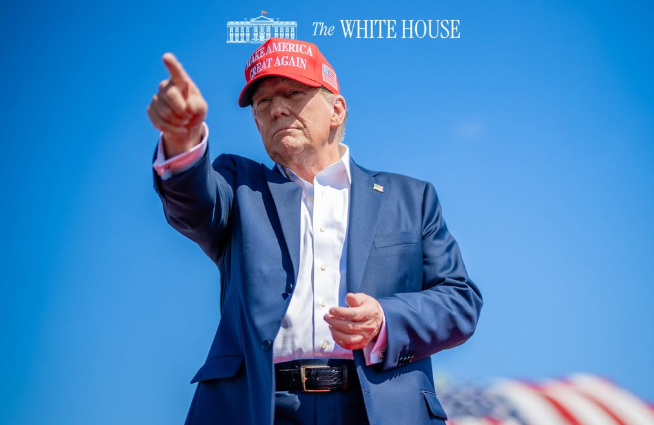
“American Students Are Being Deprived of Opportunities by Foreign Students”Following the suspension of federal funding, international student enrollment is temporarily blocked.Trump: “We’re getting played while trying to prove how smart we are.”
Read More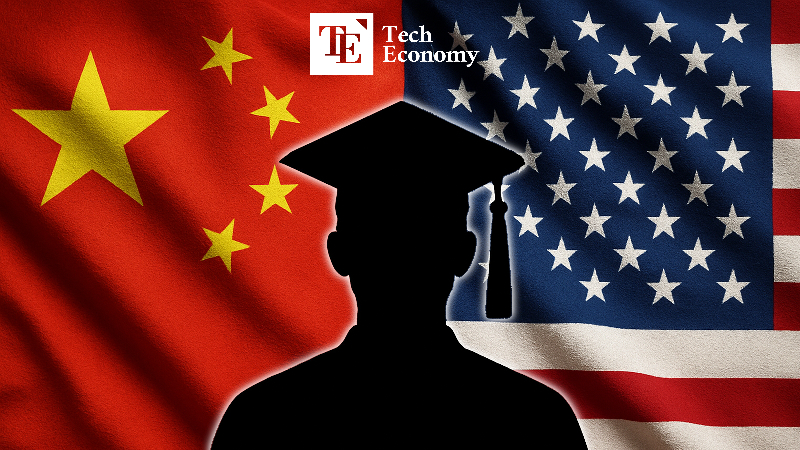
U.S. State Department suggests possible cancellation of Chinese student visas China criticizes U.S. for "undermining its own national credibility" International students make significant contributions to the U.S. economy The Chinese government has expressed strong regret over U.S. Secretary of State Marco Rubio’s remarks about canceling visas for Chinese students.
Read More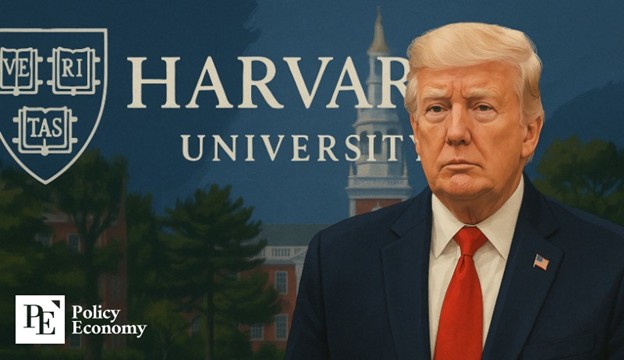
Trump Intensifies Financial Pressure on Harvard Once Again Federal Government Moves to Block Foreign Student Enrollment Will the Backlash Against International Students Ultimately Hurt the U.S.?
Read More

U.S.: "Harvard International Students Stripped of Enrollment Rights" "Current Students Also Must Transfer" Strongest Measure Yet Following Financial Aid Freeze
Read More
"Guests Disrupting Higher Education Institutions" Targeting Students Occupying Campuses and Libraries Over 4,000 International Students Had Visas Revoked Between March and April This Year
Read More
Trump Administration’s “Crackdown on Harvard” The administration applies financial pressure after the university refuses to comply with government demands. It also threatens to revoke Harvard’s tax-exempt status.
Read More
The Trump administration’s proposed federal budget includes unprecedented cuts to science funding Scientists and universities warn of severe domestic and global consequences The future of American research now hinges on Congressional negotiations and public pressure
Read More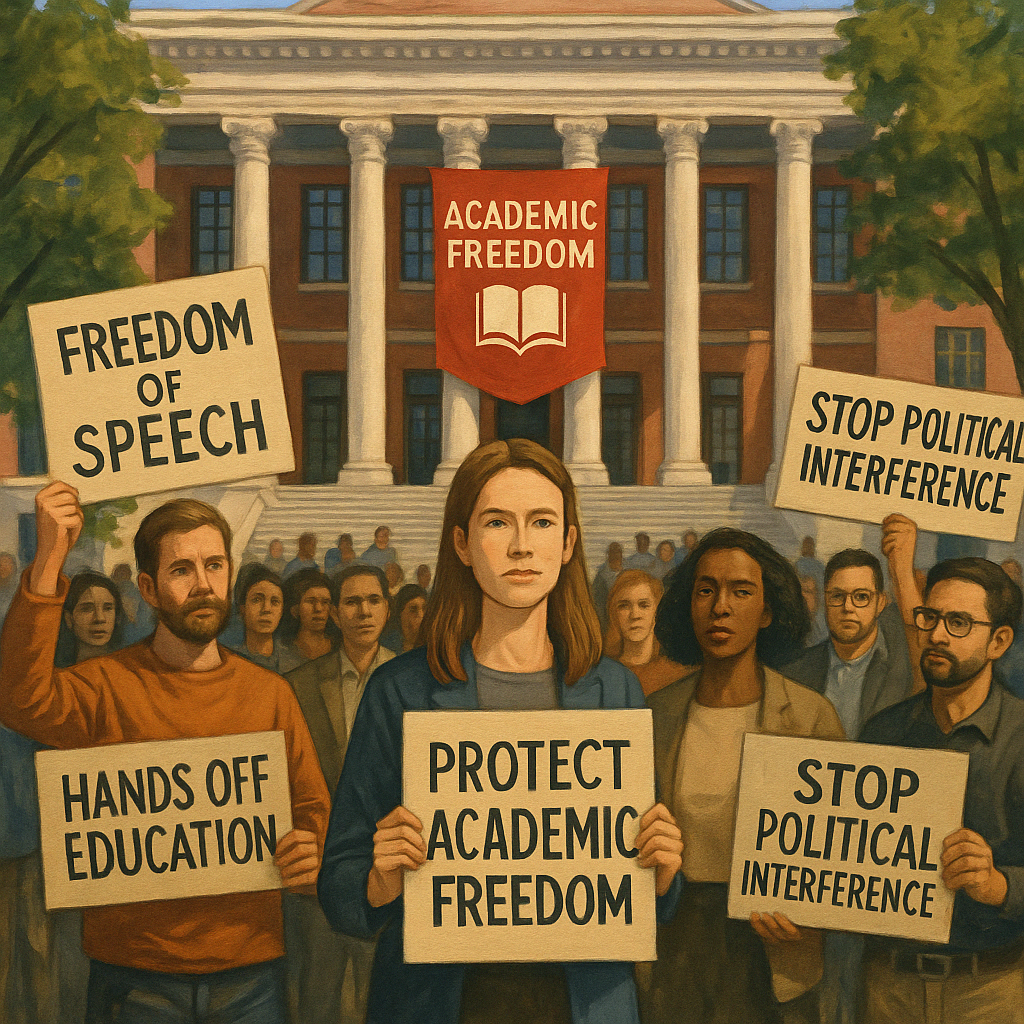
President Trump’s new executive order threatens US universities' access to federal funding and student aid. A wave of backlash from educators, students, and accrediting bodies as Trump politicizes higher education and undermines institutional autonomy.
Read More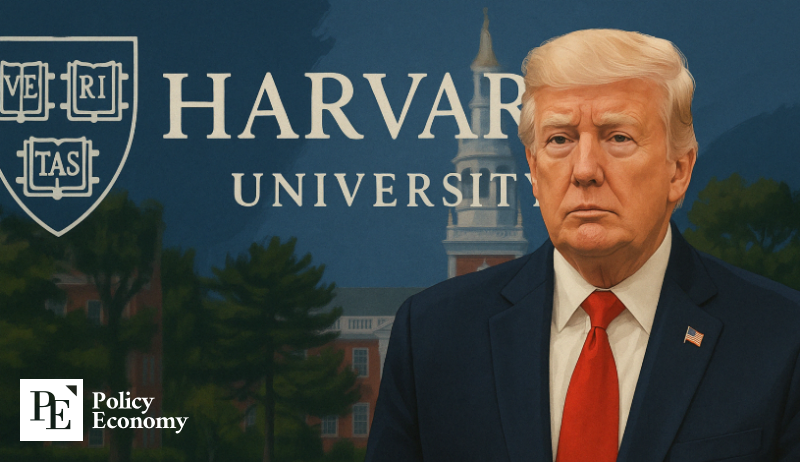
Harvard Strikes Back Against Trump Administration’s Targeted Pressure Files Lawsuit Against Secretaries of Health, Education, and Justice “We Will Not Surrender Our Institutional Independence” <
Read More
Reciprocal Tariffs and Temporary Waivers: Eroding Logic, Deepening Distrust Money moves accelerate as U.S.
Read More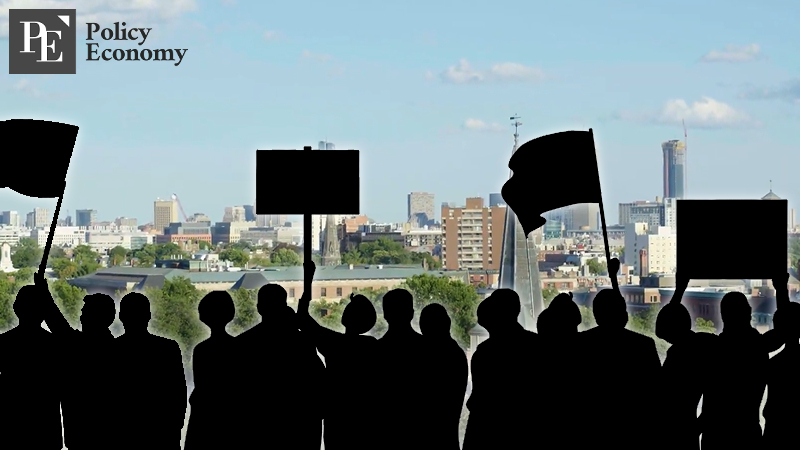
Harvard University rejects Trump administration’s demand to dismantle DEI programs, despite threats to cut federal funding and revoke its tax-exempt status. President Alan Garber defended the university’s autonomy, calling the demands unconstitutional. The standoff highlights growing tensions between academic freedom and federal authority under Trump.
Read More
The Cost of Noncompliance: Tax Status on the Line Harvard’s Defiance and the Ripple Across Academia A Battle for the Future of American Higher Education Harvard
Read More










